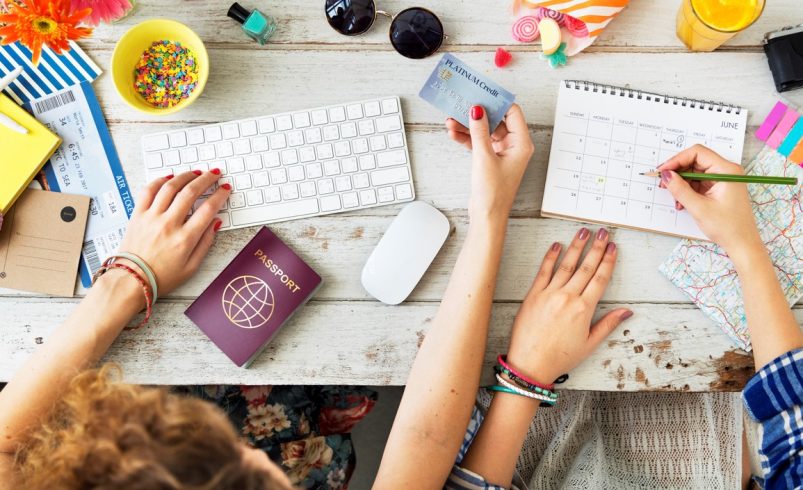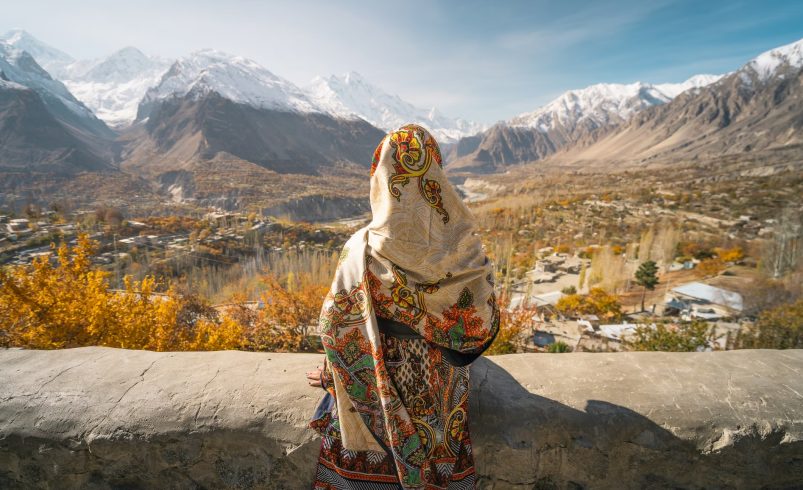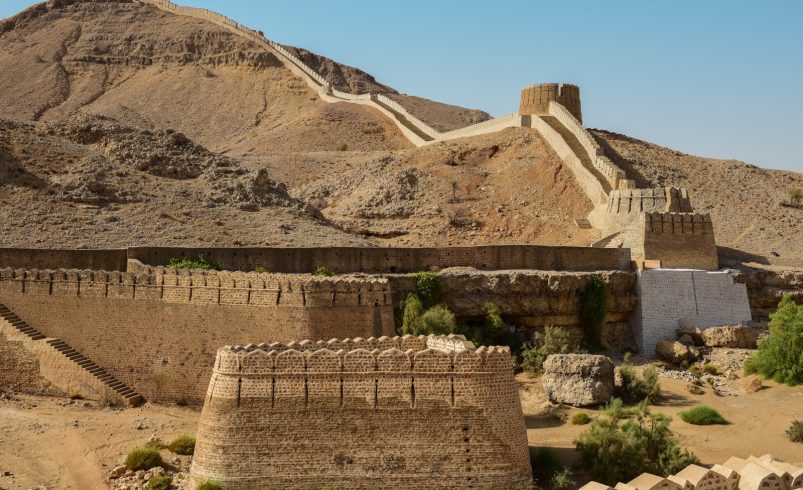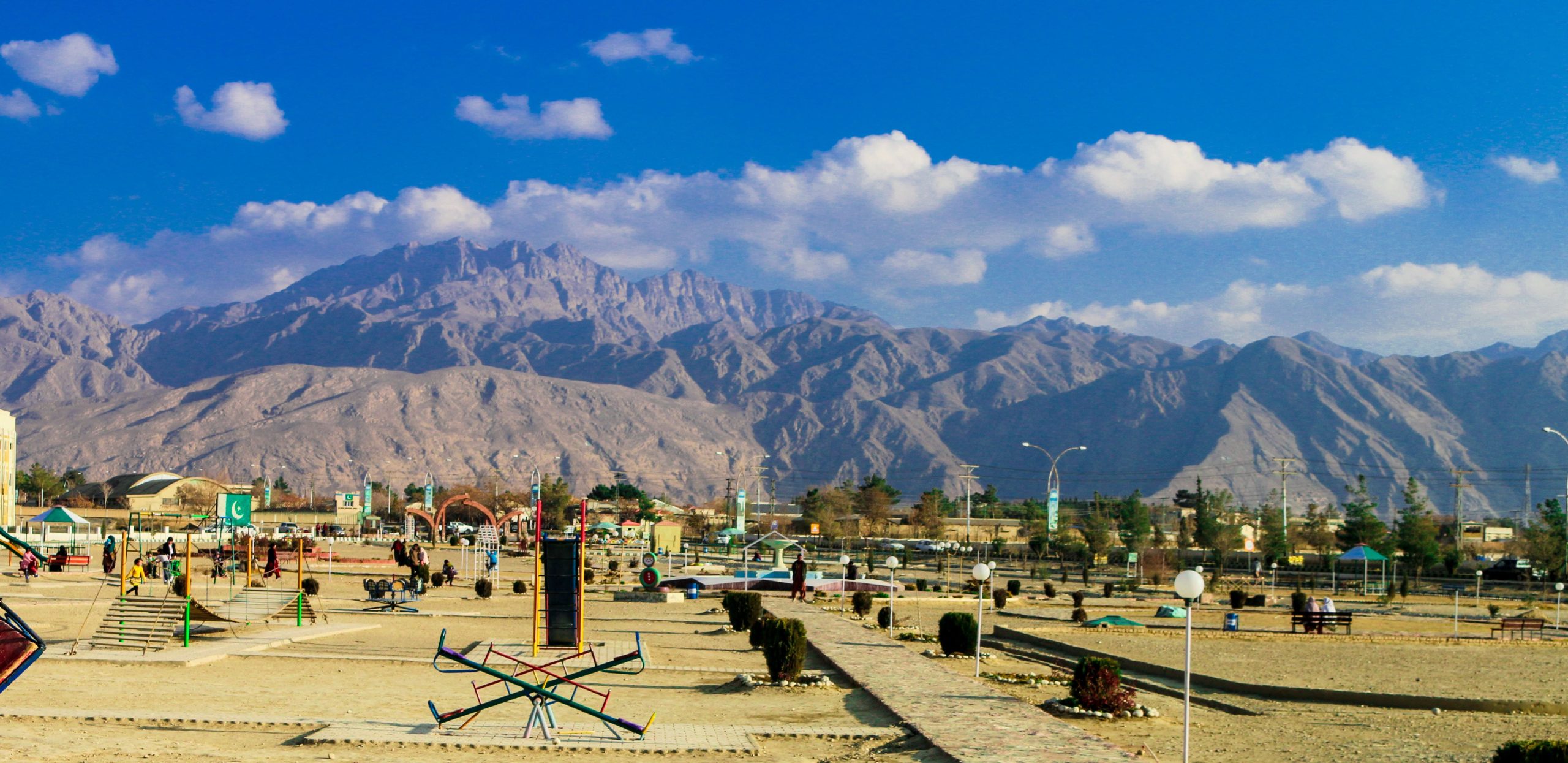
- April 20, 2025
Introduction: Discovering the Hidden Gem of South Asia
Planning your first trip to Pakistan? Whether you’re drawn by the towering peaks of the north, the ancient Indus Valley sites, or the rich cultural heritage found in every province, knowing the top travel tips for first-time visitors to Pakistan is essential. This vibrant South Asian nation offers unforgettable experiences — but it also presents unique challenges for newcomers. From understanding local customs to managing transportation, currency, and safety, having the right information before you go can make your journey smoother, safer, and far more rewarding.
History and Cultural Heritage of Pakistan
A Glimpse into Pakistan’s Rich Past
- Pakistan was carved out in 1947 as a homeland for Muslims during the partition of India.
- It boasts a 5,000-year-old civilization—home to the Indus Valley Civilization, one of the earliest urban cultures.
- Over the centuries, it has been influenced by Greek, Persian, Arab, Mongol, and British civilizations.
Cultural Heritage Overview
- Diverse Ethnicities: Punjabis, Sindhis, Baloch, Pashtuns, and more.
- Languages: Urdu (national), Punjabi, Pashto, Sindhi, Balochi, and English.
- Religion: Predominantly Muslim, but minority communities such as Christians, Hindus, and Sikhs live peacefully.
- Hospitality: The spirit of Mehman Nawazi (hospitality) is deeply embedded in the culture.
- Dress & Customs: Modesty in dress is appreciated. Shalwar Kameez is the national attire.
Understanding these cultural nuances can greatly enhance your travel experience.
Top Travel Tips for First-Time Visitors to Pakistan
1. Understand the Visa Process Early
Obtaining a visa is your first step toward the adventure.
- Apply for a Pakistan e-visa through the government portal: https://visa.nadra.gov.pk
- Ensure you upload required documents including hotel bookings, invitation letter (if needed), and return ticket.
- Processing can take 5–10 business days, sometimes longer.
Pro Tip: Apply at least 3 weeks in advance to avoid delays.
2. Dress Modestly and Respect Local Customs
Respecting local dress codes not only keeps you comfortable but also garners respect from locals.
- Men: Trousers and shirts are fine.
- Women: Long sleeves, scarves (in religious places), and loose clothing are ideal.
Cultural Tip: In rural areas, it’s best to cover your head when visiting mosques or shrines.
3. Learn Basic Urdu Phrases
You don’t have to be fluent, but knowing a few words helps immensely.
- Hello = Assalamu Alaikum
- Thank you = Shukriya
- How much? = Kitne ka hai?
- I don’t understand = Mujhe samajh nahi aaya
Locals love when foreigners try their language—instant connection!
4. Be Cautious with Street Food
Pakistan has incredible street food, but beginners should ease into it.
- Stick to freshly cooked meals.
- Avoid uncooked salads or tap water.
- Drink bottled or boiled water.
Traveler’s Hack: Bring activated charcoal pills or ORS sachets in case of stomach upsets.
5. Use Local Transport with Awareness
From rickshaws to Careem rides, Pakistan offers a range of transport.
- Careem/Uber: Available in major cities, safe and cheap.
- Buses/Vans: Budget-friendly but crowded.
- Rickshaws: Negotiate the fare first!
For intercity travel, use Daewoo or Faisal Movers—reliable and comfy.
6. Pack Smart – Essentials Only
Here’s a basic packing checklist:
- Lightweight clothes & warm layers for north
- Modest attire for cultural respect
- Power bank
- Travel adapter
- First aid kit
- Sunscreen & insect repellent
Pro Tip: Avoid overpacking! Laundry is cheap and easily available.
7. Stay Connected with a Local SIM
Getting a local SIM is easy and cheap.
- Zong, Jazz, Telenor are top options.
- Requires your passport for registration.
- Internet is generally fast in urban areas.
You can buy SIMs at the airport or local service centers.
8. Respect Religion and Traditions
- Don’t enter mosques without permission or proper attire.
- Don’t eat in public during Ramadan daylight hours.
- Friday is a holy day—expect early business closures.
Show interest in traditions—it opens doors and hearts.
9. Keep Cash – Card Use is Limited
- Pakistan is largely cash-based.
- ATMs are available but carry Pakistani Rupees for ease.
- Avoid exchanging at airports—rates are lower.
Keep small bills for rickshaws and tips.
10. Embrace the Hospitality
Expect strangers to invite you for chai or dinner—it’s genuine!
- Accept respectfully.
- Learn to say “no” kindly if needed.
- Offer a small gift or return the favor—it’s appreciated.
You’re not just a visitor—you’re a Mehmaan (guest).
Travel Tips for First-Time Visitors to Pakistan: Key Highlights
- Plan Ahead: Book accommodation in advance in popular areas.
- Safety First: Avoid traveling alone at night, especially in remote areas.
- Female Travelers: Wear modest clothing and use women-only compartments where available.
- Stay Updated: Follow local news or Twitter for security updates.
- Blend In: Don’t flash valuables or expensive gear.
FAQs
1. Is Pakistan safe for first-time travelers?
Yes, Pakistan is safe for first-time visitors, especially in tourist regions like Hunza, Islamabad, and Skardu. However, like any country, use common sense and stay informed.
2. Do I need a visa to enter Pakistan?
Absolutely. You must apply for a Pakistan visa online, and processing may take 5–10 days. Plan ahead to avoid delays.
3. What currency is used in Pakistan?
The Pakistani Rupee (PKR) is the official currency. It’s best to carry cash, especially in smaller towns.
4. Can I drink tap water in Pakistan
Not recommended. Always go for bottled or filtered water to avoid any health issues.
5. What should I wear in Pakistan as a tourist?
Wear modest clothing, covering shoulders and knees. Women should carry a scarf for religious places.
6. How do I get around Pakistan?
Use Careem/Uber in cities, and buses or private drivers for intercity travel. Domestic flights are also an option.
7. Is English spoken in Pakistan?
Yes, especially in cities. However, learning some basic Urdu phrases will go a long way.
8. What’s the best time to visit Pakistan?
Spring (March–May) and Autumn (September–November) are ideal for most areas, while summer is best for the northern areas.
9. Can solo female travelers visit Pakistan?
Yes, but with precautions. Stick to safe routes, dress modestly, and connect with local guides or hosts.
10. Are there ATMs in Pakistan?
Yes, in all major cities. However, always carry some cash as backup, especially in rural areas.
11. Should I tip in Pakistan?
Yes, tipping (10-15%) is appreciated in restaurants and for services like guides or drivers.
12. What kind of food can I expect?
Expect spicy, flavorful food. Try biryani, nihari, and kebabs. Opt for clean eateries to avoid stomach issues.
13. How do I stay connected?
Buy a local SIM card with mobile data. Internet is widely accessible in urban centers.
14. Is it okay to take photos of people or places?
Ask permission first, especially from women or in religious places. Always be respectful.
15. What power plug is used in Pakistan?
Type C and D. Bring a universal adapter just in case.
16. Can I travel by train in Pakistan?
Yes, but buses or private vehicles are usually more reliable and comfortable for tourists.
17. What kind of travel insurance should I get?
Ensure your plan covers health, accidents, and trip cancellations. Hospitals in cities are good, but rural areas have limited care.
18. Are drones allowed in Pakistan?
Not without special permission. Avoid flying drones in public or restricted areas.
19. Are Pakistani people friendly to tourists?
Extremely! Pakistani people are known for their hospitality and warmth. Many go out of their way to help travelers.
20. Can I use Google Maps in Pakistan?
Yes, but it’s wise to download offline maps in case of spotty coverage.
Conclusion: Your Pakistani Adventure Awaits
Traveling to Pakistan for the first time is not just about seeing new places—it’s about immersing yourself in a world of ancient history, soulful traditions, and heartfelt hospitality. These Top 10 Travel Tips for First-Time Visitors to Pakistan aim to empower your journey, help you blend in seamlessly, and let you experience the country like a local.
From practical advice to cultural understanding, the key is to come with an open heart and curious mind—Pakistan will do the rest.






